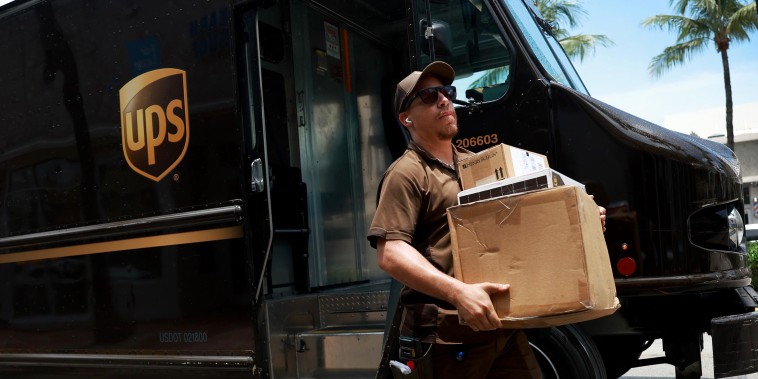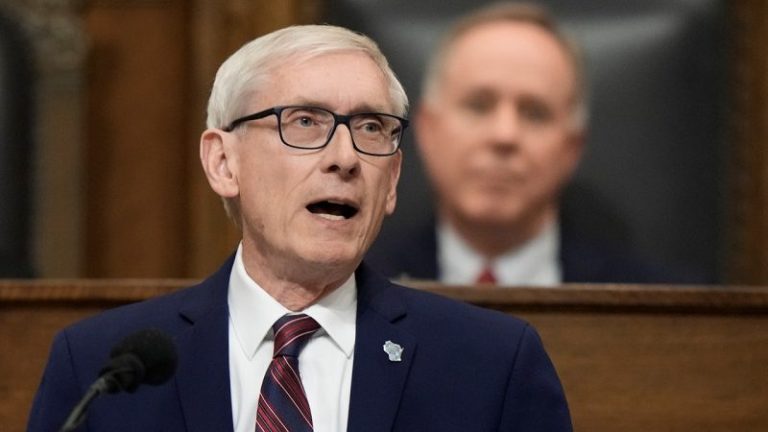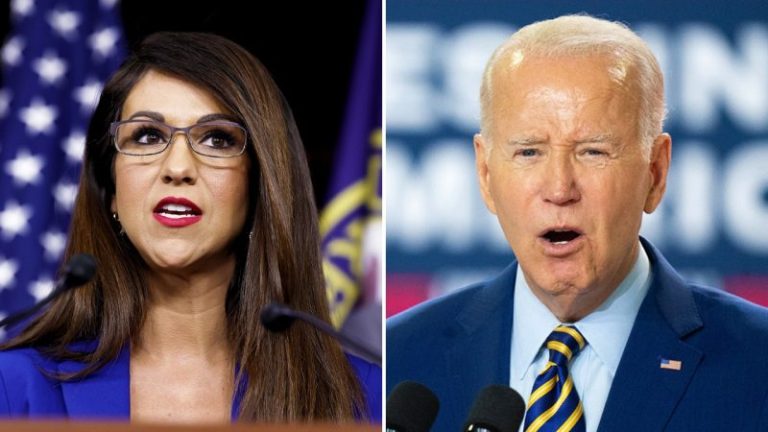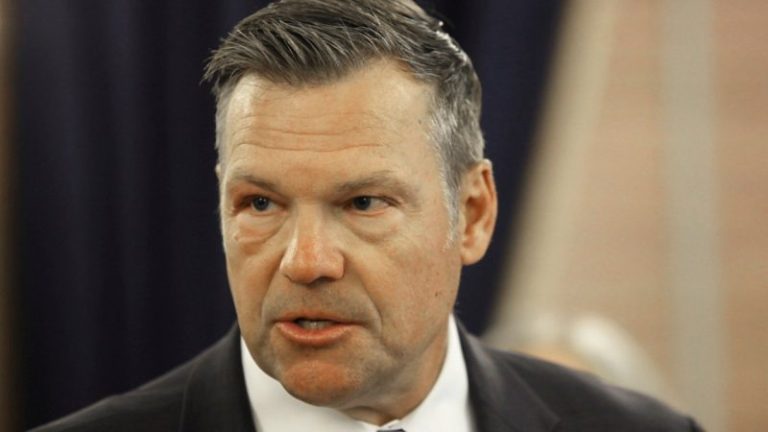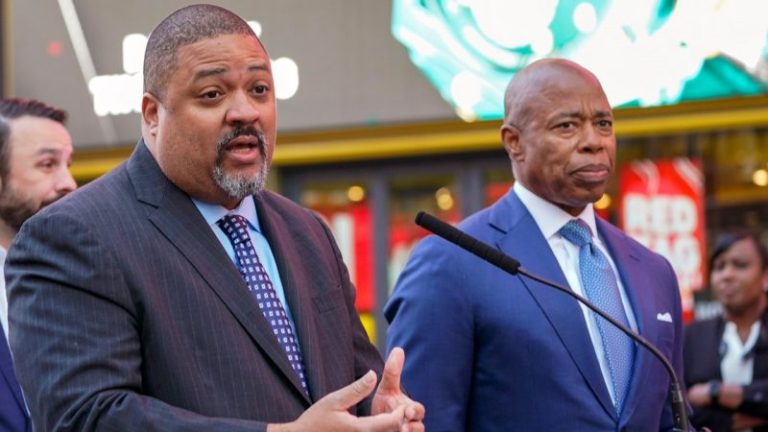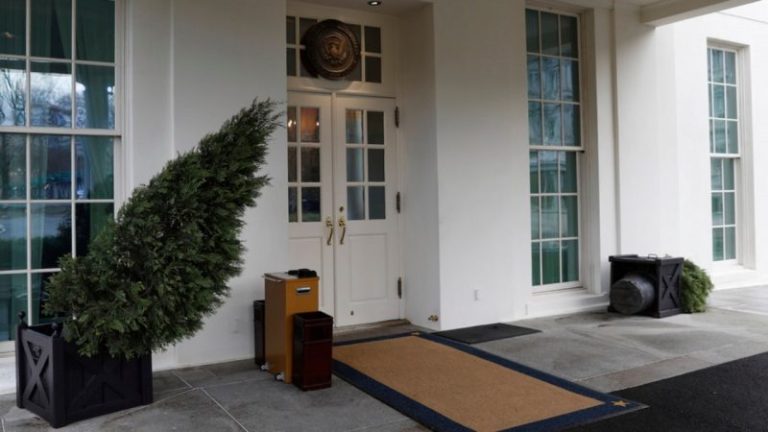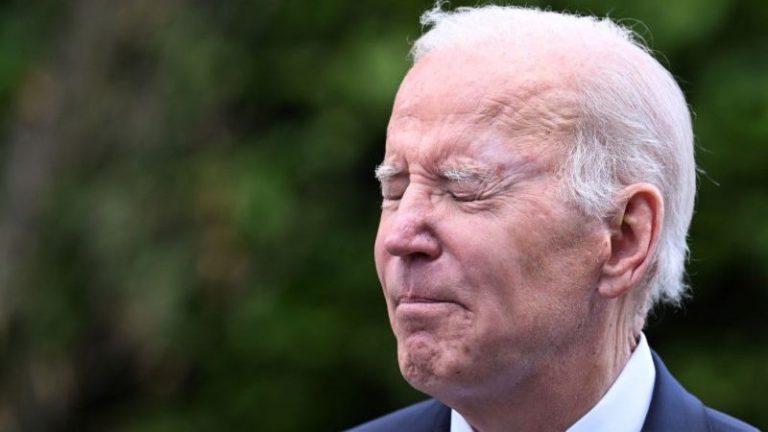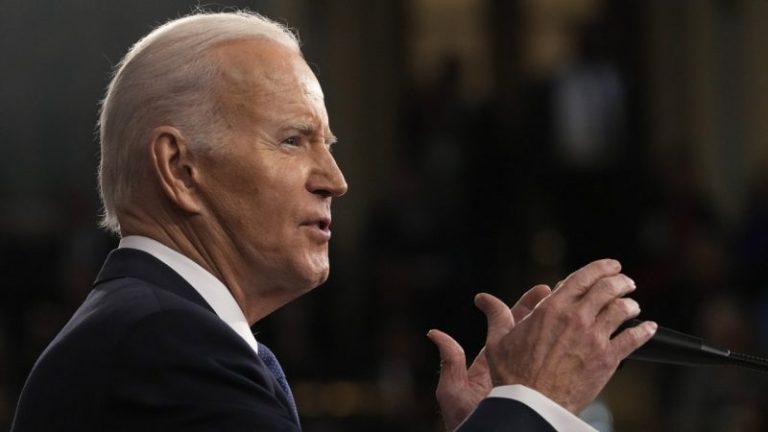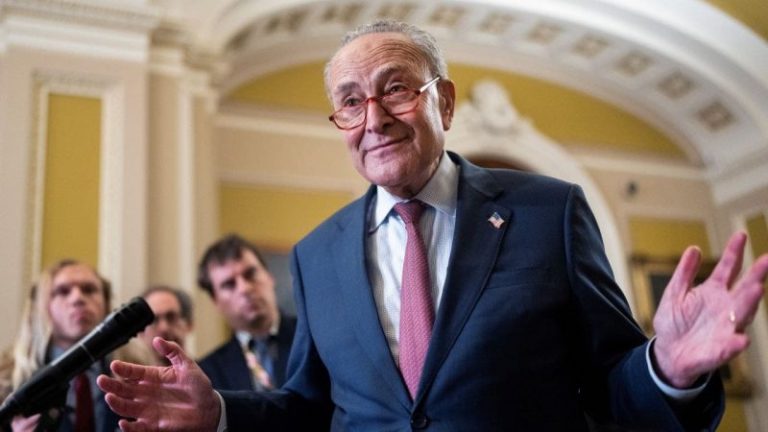People with disabilities have been among the greatest beneficiaries of the strong post-pandemic rebound in the labor market.
And on Friday, the Bureau of Labor Statistics added another data point to this trend.
Among that group, the number of employed individuals climbed by approximately 175,000 in June to 7.6 million, the BLS said, higher than at any point since June 2008, the earliest year for which data is available.
As a percentage, the employment-to-population ratio for disabled individuals also now stands at a record high of 22.4%.
‘It’s continuing to grow — and moving up every month it seems like,’ said Allison Chase, president and CEO of The Able Trust, a Florida-based nonprofit focused on the disabled community. ‘It’s unprecedented, and we’re really excited about it.’
Experts say the job gains are the result of continued steady labor demand thanks to an ongoing shortage of workers in many parts of the economy, as well as the decreasing stigma of work-from-home as a result of the pandemic.
The BLS reported Friday that the U.S. added 209,000 jobs, with the unemployment rate falling to 3.6%.
Chase noted that basic transportation is one of the biggest barriers many people with disabilities have faced when looking for work.
The post-pandemic remote-work boom, she said, has helped to eliminate that obstacle.
‘It’s something that many people with disabilities have wanted for a long time,’ Chase said. ‘Once you take it [transportation] out of the equation, a lot of jobs open up.’
Data showing which industries or occupations have seen the biggest recent gains in the ranks of workers with disabilities is hard to come by. Historically, this population’s labor has been concentrated in different forms of retail work, as well as manual labor jobs in food preparation or cleaning services.
Often, the most coveted jobs remain in the professional and business services sector, which tend to pay better. The potential for growth among these jobs will help ‘ensure that people with disabilities are less concentrated in blue-collar and service jobs that tend to pay less and provide less job security,’ a group of researchers wrote in a paper published in April in the journal Disability and Health.
Anecdotally, those white-collar opportunities increased amid the remote-work shift and the hiring boom spurred by tech companies in the immediate aftermath of the pandemic, experts said — though the boom in that sector has since reversed, with mass layoffs in the tech sector.
It’s important to note here that the disabled community is highly varied. Disability advocates estimate one-quarter of the U.S. population lives with a disability, but that 70% of disabilities, especially those that are cognitive in nature, are defined as ‘invisible.’
Yet, the disabled community continues to face outsized barriers to employment. As a result, just 4% of workers self-identify as disabled.
In a report released in February summarizing the 2022 labor market for people with disabilities, the BLS found:
Across all age groups, persons with a disability were still much less likely to be employed than those with no disability.The unemployment rate for persons with a disability was still nearly twice as high as the rate for persons without a disability.In 2022, 30% of workers with a disability were employed part time, compared with 16% for those with no disability.
‘We’re building on a base that is extremely low,’ said Carol Glazer, president of the National Organization on Disability.
There also remains a trend among federal courts ruling against workers seeking accommodations, like working from home, even after the pandemic, according to Nicole Buonocore Porter, a law professor at the Chicago-Kent School of Law.
‘If [an employer] can tell a court — and the court buys it — that in-person presence at a central workplace is an essential part of a job, work-from-home will never be considered reasonable,’ she said.
Glazer noted that the labor force participation rate among disabled workers remains about half that of the overall population.
‘There’s still a long way to go,’ she said.


